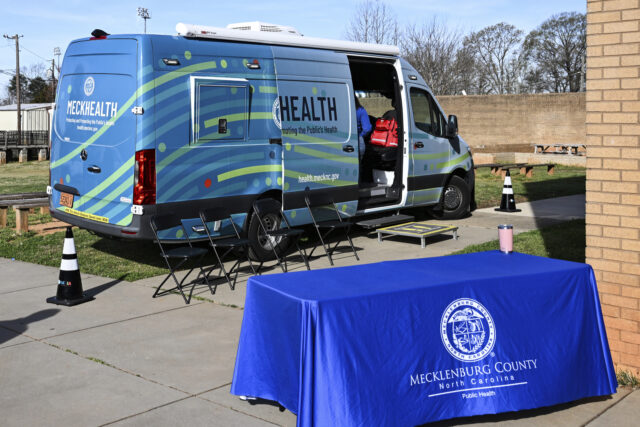The Impact of Federal Cuts on Public Health: A Wake-Up Call for Communities
#federal cuts #public health #vulnerable populations #disease prevention #mental health services #public health departments

About the Organizations Mentioned
CHARLOTTE, N.C.
When referring to "CHARLOTTE, N.C.," it seems there might be confusion, as Charlotte is a city rather than an organization. However, I can provide a comprehensive summary about the city of Charlotte, North Carolina, which is a hub for business and technology. **Introduction to Charlotte, N.C.** Charlotte is the most populous city in North Carolina, known as the "Queen City." It is a major economic center, especially in the banking and finance sectors, hosting headquarters for Bank of America and Wells Fargo. The city's strategic location in the southeastern United States makes it an attractive destination for businesses and residents alike. **History** Founded in 1768, Charlotte was named after Princess Charlotte Sophia of Mecklenburg-Strelitz. It played significant roles during the American Revolution and the Civil War. Historically, Charlotte was a major center for gold production until the California Gold Rush of 1849. The city's first mint was established in 1837, operating intermittently until 1913. **Key Achievements and Current Status** - **Economic Growth**: Charlotte has been one of the fastest-growing cities in the U.S., with a strong focus on financial services, logistics, and IT. - **Infrastructure**: The city boasts a modern light rail system and a major international airport, facilitating easy travel and commerce. - **Diversity and Culture**: Charlotte is known for its vibrant cultural scene, with diverse neighborhoods like Plaza Midwood and NoDa offering unique experiences. - **Education**: The city is home to several institutions, including UNC Charlotte and Central Piedmont Community College, contributing to a well-educated workforce. **Notable Aspects** - **Business Hub**: Charlotte is the second-largest banking center in the U.S., after New York City, with major financial institutions like Bank of America. - **Technology and Innovation**: The city supports various tech startups and is a hub for IT and analytics. - **Quality of Life**: Charlotte offers a mild climate with






